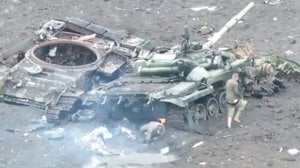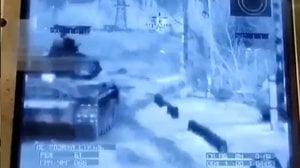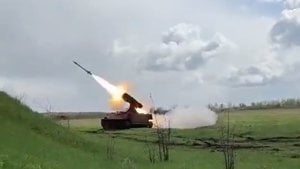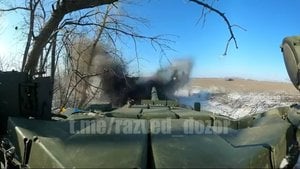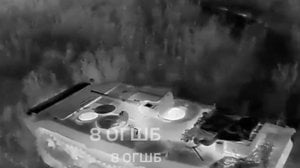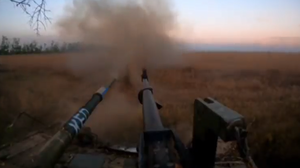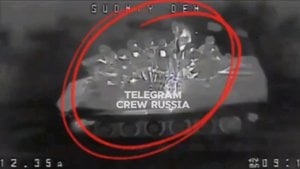
FPV Drone Nails Soldiers in Trench
Published 11 months ago
Surveillance drone footage of two Russian soldiers in a trench attacked by an FPV drone, location unknown. The two individuals are in a sparsely populated section of the trench, performing their daily ablutions. One soldier seems to hear or see the drone and ducks, covering his face, just prior to being struck. This video is interesting for a few reasons. The trench seems well constructed, though it is set far forward of the tree line and has nothing in the way of overhead cover or protection. Perhaps is in a less-active sector of the line, perhaps this is a rear area and these troops consider themselves secure. However, if there is one thing that this conflict has demonstrated, it is that there are no secure areas.
We have published several posts and articles regarding the construction of trenches and fighting positions in Ukraine and is appears that the depredations of FPV quadcopters could be reduced through passive measures and vigilance. Passive measures have been discussed at length, and could include screens of netting or chicken wire, overhead cover, or camouflage. I have also mentioned the use of air sentries, as armies did during World War II, which would be applicable in situations such as this. In 2002, following a terrorist attack against a group of Marines training in Kuwait, a U.S. Marine general instituted a policy which became known as “Guardian Angel.” This practice stipulated that any activity involving Marines, be it a boot camp graduation ceremony in San Diego, or a training exercise in Okinawa, or a vehicle checkpoint in Helmand Province, required “guardian angels,” Marines focused on any external threat which might jeopardize the unit engaged in that activity or task. Part mandate, part philosophy, the practice of employing Guardian Angels served as a reminder throughout the institution to focus on all around security at all times. This mindset is critical for any military organization operating in the age of drone warfare, where threats can appear from any direction, at any time. Failure to do so can result in a quadcopter exploding in your face while you eat your breakfast.
About the Author
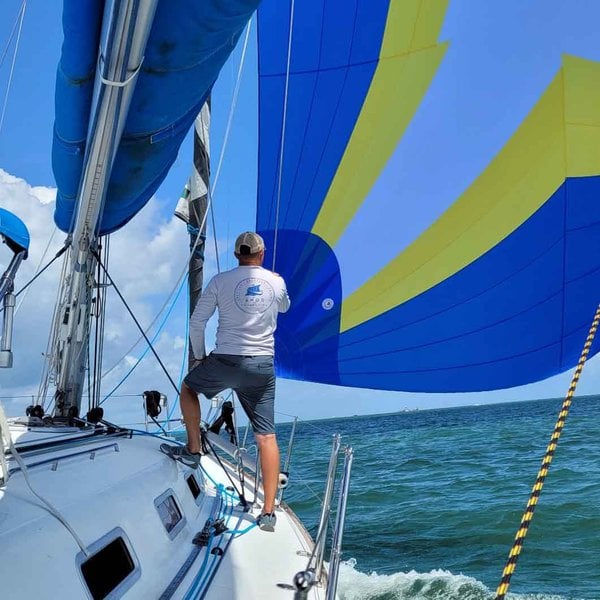
Cam
Cam served as an infantry officer in the Marine Corps, deploying to the Horn of Africa and participating in combat operations in Iraq. He currently works in the maritime industry and in the defense sector as an instructor of combined arms planning and operations. An avid sailor, Cam founded and directs Triumph Sailing, a nonprofit that supports veterans and first responders through adventure and fellowship on the water. Triumph Sailing just completed its big yearly event, an offshore race in the Gulf of Mexico with an all veteran crew. You can support the mission and next year's sailing season at Tri-Sail.Org.



